detail profile sergei rachmaninoff
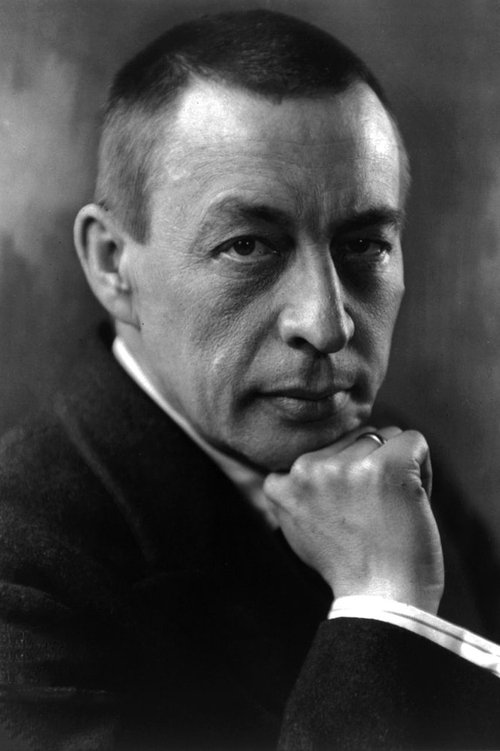
Sergei Rachmaninoff
Сергей Рахманинов
atau dikenal sebagai
Riwayat Hidup
Sergei Vasilyevich Rachmaninoff was a Russian composer, virtuoso pianist and conductor of the late Romantic period, some of whose works are among the most popular in the Romantic repertoire.
Born into a musical family, Rachmaninoff took up the piano at age four.
He graduated from the Moscow Conservatory in 1892, having already composed several piano and orchestral pieces.
In 1897, following the negative critical reaction to his Symphony No.
1, Rachmaninoff entered a four-year depression and composed little until successful therapy allowed him to complete his enthusiastically received Piano Concerto No.
2 in 1901.
For the next sixteen years, Rachmaninoff conducted at the Bolshoi Theatre, relocated to Dresden, Germany, and toured the United States for the first time.
Following the Russian Revolution, Rachmaninoff and his family left Russia; in 1918, they settled in the United States, first in New York City.
With his main source of income coming from piano and conducting performances, demanding tour schedules led to a reduction in his time for composition; between 1918 and 1943, he completed just six works, including Rhapsody on a Theme of Paganini, Symphony No.
3, and Symphonic Dances.
By 1942, his failing health led to his relocation to Beverly Hills, California.
One month before his death from advanced melanoma, Rachmaninoff was granted American citizenship.
In Rachmaninoff's work, early influences of Tchaikovsky, Rimsky-Korsakov, Balakirev, Mussorgsky, and other Russian composers gave way to a personal style notable for its song-like melodicism, expressiveness and rich orchestral colors.
[3] Rachmaninoff often featured the piano in his compositions, and he explored the expressive possibilities of the instrument through his own skills as a pianist.
Info Pribadi
Peran Yang Di Mainkan Sergei Rachmaninoff
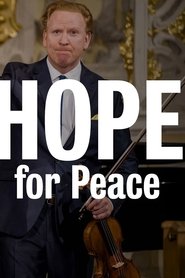 United in their support for Ukraine...
United in their support for Ukraine...Hope for Peace Concert from the Frauenkirche - Dresden 2022
United in their support for Ukraine, violinist Daniel Hope and Ukrainian pianist Alexey Botvinov perform a concert for peace from Dresden's frauenkirche. Composers featured include Johann Sebastian Bach , the Ukrainian Valentin Silvestrov and Russians Alfred Schnittke and Sergei Rachmaninov.
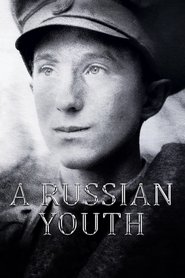 A teenage soldier in World War...
A teenage soldier in World War...A Russian Youth 2019
A teenage soldier in World War I—a simple village boy with a naive youthful dream of fame and medals—throws himself into the unknown and goes blind in the first battle, thus taking on a new job: intercepting enemy planes by listening to the air through huge metal funnels.
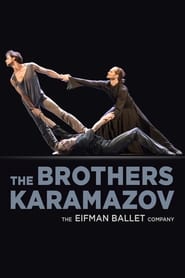 The Brothers Karamazov novel is the...
The Brothers Karamazov novel is the...Eifman Ballet: The Brothers Karamazov 2016
The Brothers Karamazov novel is the epitome of Fyodor Dostoevsky’s creative work, the acme of the philosophic investigation carried out by this colossal and restless mind throughout his life. World renowned choreographer Boris Eifman offers a remarkable vision of the core ideas within the novel, expanding upon them though body language as a way of exploring the origins of the moral devastation of the Karamazovs; creating through choreographic art an equivalent of what Dostoyevsky investigated so masterfully in his book, the excruciating burden of destructive passions and evil heredity. This ballet production is also known and performed as Beyond Sin.
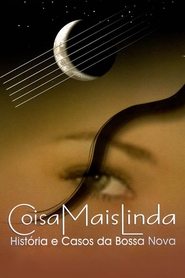 Documentary about the birth of bossanova...
Documentary about the birth of bossanova...Coisa Mais Linda - Histórias e Casos da Bossa Nova 2005
Documentary about the birth of bossa-nova, in Brazil, and the major stars of this musical style.
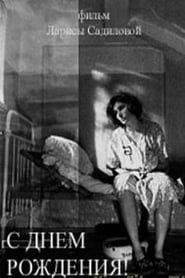 Blending dramatic situations with a documentaryinfluenced...
Blending dramatic situations with a documentaryinfluenced...Happy Birthday! 1998
Blending dramatic situations with a documentary-influenced visual style, Happy Birthday looks in at a typical day in a Russian maternity hospital. The patients range from a middle aged woman pleased if surprised by her current pregnancy to a Muslim woman whose marriage to a Russian has blighted her relationship with her family. No matter what their situations, the women draw strength and support from each other as they share their common experience.
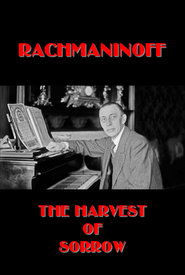 Tony Palmer tells the life story...
Tony Palmer tells the life story...Rachmaninoff: The Harvest of Sorrow 1998
Tony Palmer tells the life story of Sergei Rachmaninoff through the use of home movies, concert footage, and interviews. John Gielgud reads from Rachmaninoff's diaries in a voiceover.
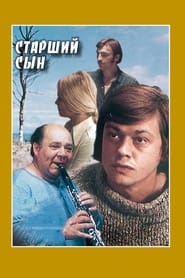 Two students are late for the...
Two students are late for the...The Elder Son 1975
Two students are late for the last commuter train and have to spend a night in a strange town. They rack their brains about where to find shelter and quite by chance they overhear a talk between father and son. The son is an adolescent who is head over heels in love with a girl several years his senior. He is living through the first drama of his life though his love is just puppy love. Then, being resourceful fellows, they think of a plan to pass one of them for the elder son of this family. The reason they give for his unexpected arrival is that he is a child of the father's long-forsaken love. They presume this cock-and-bull story will come off, and right they are!
 Two teenagers fall in love but...
Two teenagers fall in love but...Romeo e Giulietta 1964
Two teenagers fall in love, but their feuding families and fate itself cause the relationship to end in tragedy.
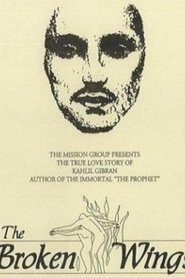 Kahlil Gibran remembers his days as...
Kahlil Gibran remembers his days as...The Broken Wings 1964
Kahlil Gibran remembers his days as a young poet and artist in Lebanon, and of the young woman (Salma) who ignited his passions.
 Featurelength compilation of 1920s newsreel footage...
Featurelength compilation of 1920s newsreel footage...The Golden Twenties 1950
Feature-length compilation of 1920s newsreel footage, with commentary about news, sports, lifestyles, and historical figures.
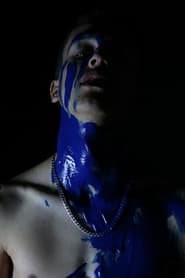 Based on poems by Charles Bukowski
Based on poems by Charles Bukowski While on an airplane a travellers...
While on an airplane a travellers...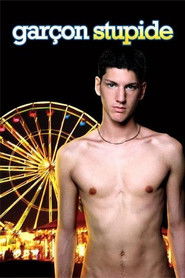 This comingofage drama deals with a...
This comingofage drama deals with a...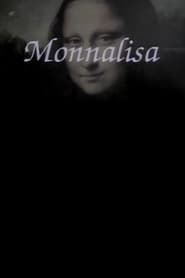 A David di Donatellowinning short film...
A David di Donatellowinning short film...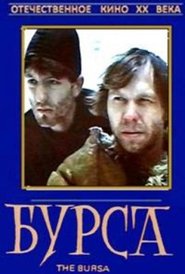 Drama set in a strict seminary...
Drama set in a strict seminary...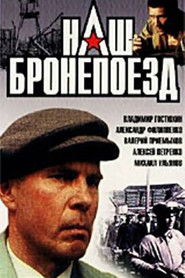
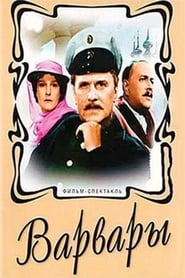 The monotonous life of a provincial...
The monotonous life of a provincial...